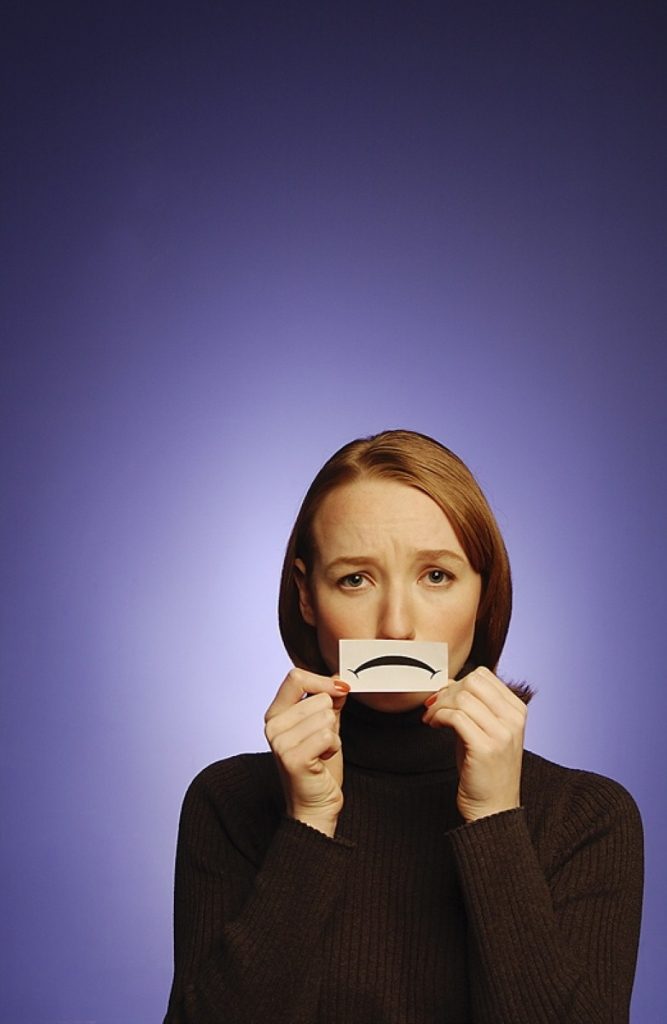The week in politics: Lansley puts on his sad face
How do you distract the public from a brutal no-confidence vote and a full spectrum attack on one of your flagship policies? Make a speech on immigration.
By Ian Dunt
By the time Thursday came, no-one could even remember that the government’s health policy was on the verge of falling apart completely. Instead, we had the unappetising sight of a prime minister focusing on “mass immigration” and his business secretary attacking him for it before he’d even delivered the speech.
As far as distractions go, David Cameron must have been grateful for it. With parliament on recess, media outlets had no meat to chew on, so the NHS story just rolled on and on. On Monday, there were promises, once again, of substantive changes to the reforms. Very soon the government will start each week by highlighting a bill at random and promising to remove 40% of it.


The warm words weren’t enough. The normally moderate Royal College of Nursing (RCN) turned into a militant Leninist trade union for the day, with Andrew Lansley’s physical presence taking on the causal role of water and midnight feeding in the Gremlins films. Nurses ruined him. He became the first health secretary to face a no-confidence vote in 30 years. And then he lost it by a staggering 98.76%. Every week there’s a new humiliation for the embattled health secretary, be it a Commons statement or a slap-down from nurses. What hope remained in his eyes is now starting to fade.
But politics can be a predictable business. Prime ministerial speeches on volatile emotional subjects combined with Cabinet-level public spats can cancel out almost any media narrative and health policy is no exception. By Thursday, no-one could remember Lansley. All they knew is that the coalition’s zone for tolerable public disputes had expanded from AV to immigration. The PM was “unwise” Vince Cable said. The business secretary was “off-beam”, Cameron replied. Emotional stuff.
Was reducing immigration to the “tens of thousands” government or Conservative policy? It became very hard to tell. Clegg distanced himself from Cameron – either a sign of increased tensions or evidence of a pre-planned ‘arm’s length’ strategy ahead of the local elections.
If so, it couldn’t have come at a better time. The Cabinet is now full of people who are genuinely scandalised by each other’s campaign tactics. Earlier, we had Chris Huhne and Baroness Warsi’s ‘Hitler’ spat, in which both screamed Nazi at each other while laughably thinking they were taking the moral high ground. Now we had the rather more intimate relationship of the chief secretary to the Treasury and the chancellor at loggerheads, after George Osborne raised questions about the ‘yes’ camp’s funding.
Meanwhile, both campaigns released political broadcasts. They were both awful.
Cameron remained above the fray but his dalliance with controversy wasn’t limited to immigration. He managed to squeeze in some race relations as well, with a casual bit of abuse for Oxford University for only admitting one black student last year. Not so, said Oxford, which provided pretty categorical evidence of their argument, except of course that the figure they offered (40) wasn’t exactly impressive either.
Clegg waded in himself after a while. There’s no game of Russian Roulette the man won’t stride into. Just spin the cylinder, pull the trigger and suddenly universities are charging £9,000 a year. Who’d have thought? The deputy PM was even foolhardy enough to take on the official devastator of prime ministers, Gillian Duffy.He survived, although he did resort to those emphatic hand gestures which separate politicians from actual humans. Duffy, who is now a walking Labour attack machine fuelled by a post-modern political strategy, is surely primed for a reality TV career.
On the phone hacking front (stop yawning) there were arrests at the News of the World, a potential criminal investigation over Rebekah Brooks’ comments on journalists’ financial relationship with the police and a very public kiss-and-make-up between John Yates and Keir Starmer. All’s well that ends well, eh? Try not to cry, it only encourages them.

